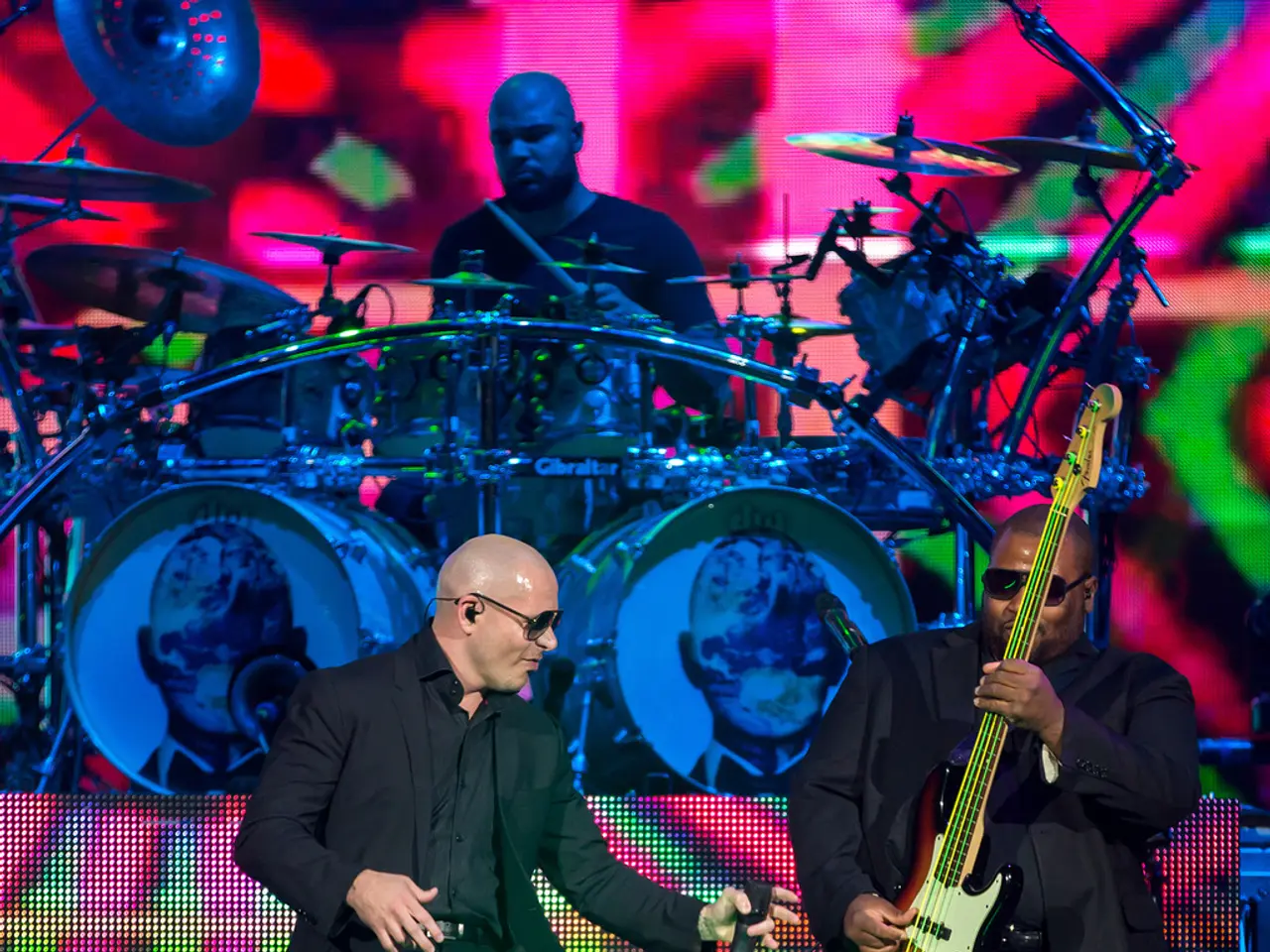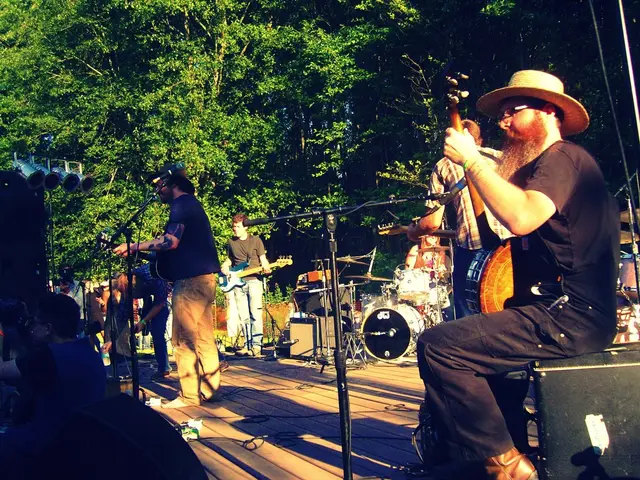Tribute concert titled "Ahead of his Time: Benny Goodman" presented by the UCLA Herb Alpert School of Music's Lowell Milken Fund for American Jewish Music.
Benny Goodman, affectionately known as the King of Swing, made history with his groundbreaking 1938 Carnegie Hall concert. This landmark event had a profound impact on race, politics, and music, elevating jazz's cultural status, challenging racial segregation in the music industry, and leaving a lasting legacy on American music history.
The concert, held on January 16, 1938, was a turning point for jazz, marking its "coming out" as a respected art form. It was the first time jazz was presented at Carnegie Hall as a prestigious event by such a popular orchestra, symbolizing jazz’s acceptance into mainstream and classical music culture. The concert featured top musicians, including guests from Duke Ellington’s and Count Basie’s bands, showcasing the swing style and the professionalism of Goodman's band. The concert recordings, released multiple times, are considered among the greatest live jazz albums, helping to define jazz as an art form comparable to classical music.
Goodman led one of the first well-known racially integrated jazz groups, breaking barriers during an era of segregation. This challenged prevailing racial politics by promoting collaboration between Black and white musicians on prominent national stages. The presence of Black guest artists from Ellington and Basie’s bands at a prestigious venue further highlighted racial integration within music during a racially divided period in American history.
The concert symbolized the struggle for racial equality in the arts by demonstrating that Black and white musicians could perform together to critical and popular acclaim at one of America’s most prestigious concert halls. It contributed to changing public perception about jazz, which had often been marginalized or deemed less legitimate compared to classical music.
An upcoming tribute concert, "Ahead of his Time: Benny Goodman," will be held at Sinai Temple on May 30, with a panel discussion at 6 p.m., and the concert at 7 p.m. The program will include pieces from the 1938 Carnegie Hall concert and a selection of original work inspired by Goodman. The concert is presented by the UCLA Herb Alpert School of Music Lowell Milken Fund for American Jewish Music, which furthers conversations and explorations of music in American Jewish life.
The concert program will feature acclaimed clarinet soloist Ken Peplowski, a member of Goodman's final big band. Other featured artists include conductor and UCLA lecturer Charley Harrison, the UCLA Jazz Orchestra, and an alumni ensemble from the Thelonious Monk Institute of Jazz.
Admission for the concert is free with RSVP. This tribute concert is expected to celebrate Goodman’s contributions to music and racial integration, reflecting on its enduring significance.
[1] https://www.pbs.org/wnet/americanmasters/benny-goodman-king-of-swing/310/ [2] https://www.britannica.com/biography/Benny-Goodman [3] https://www.npr.org/2018/01/16/577002733/benny-goodman-at-carnegie-hall-a-musical-legacy-that-still-resonates [4] https://www.nytimes.com/2008/01/16/arts/music/16goodm.html [5] https://www.uclaherbaltapschoolofmusic.edu/lowell-milken-fund-for-american-jewish-music
- The upcoming tribute concert "Ahead of his Time: Benny Goodman" will showcase the influence of Benny Goodman's music, celebrating his contributions to both jazz and the struggle for racial integration.
- The 1938 Carnegie Hall concert, featuring various musicians like Duke Ellington, Count Basie, and Ken Peplowski, helped define jazz as a legitimate art form, comparable to classical music, and promoted racial integration within the music industry.







